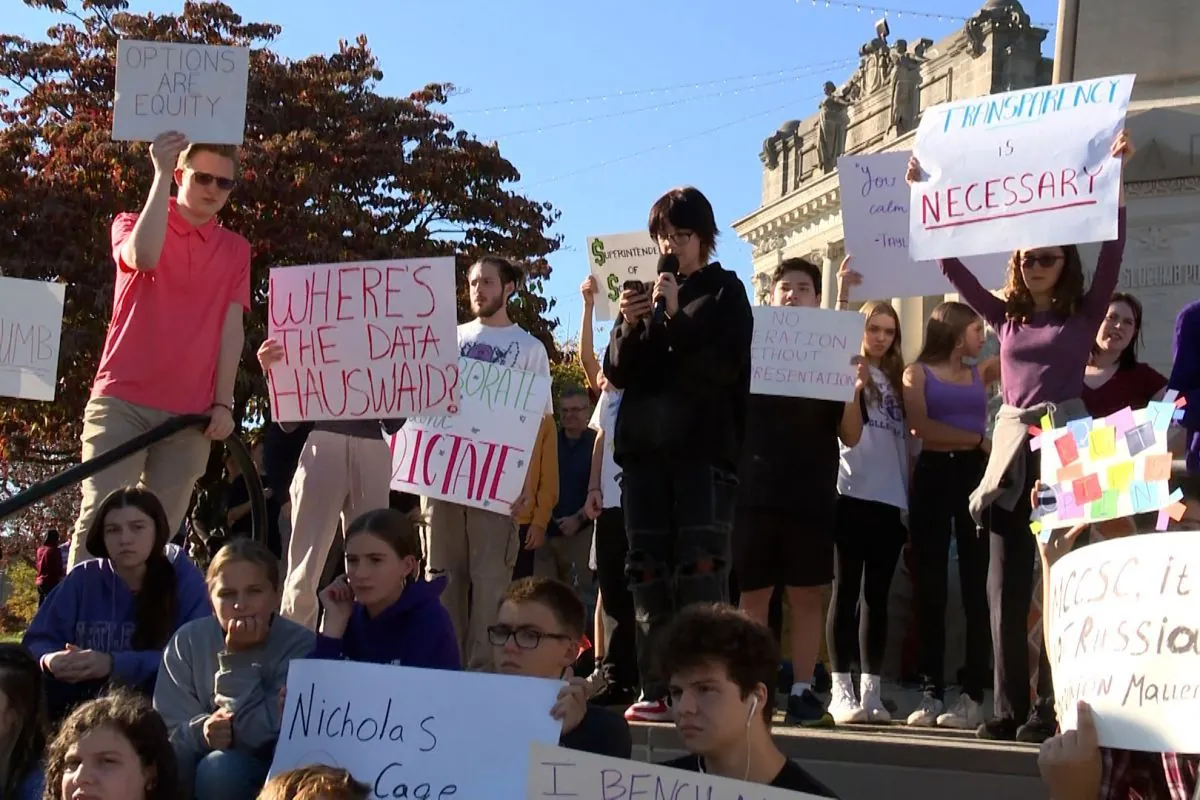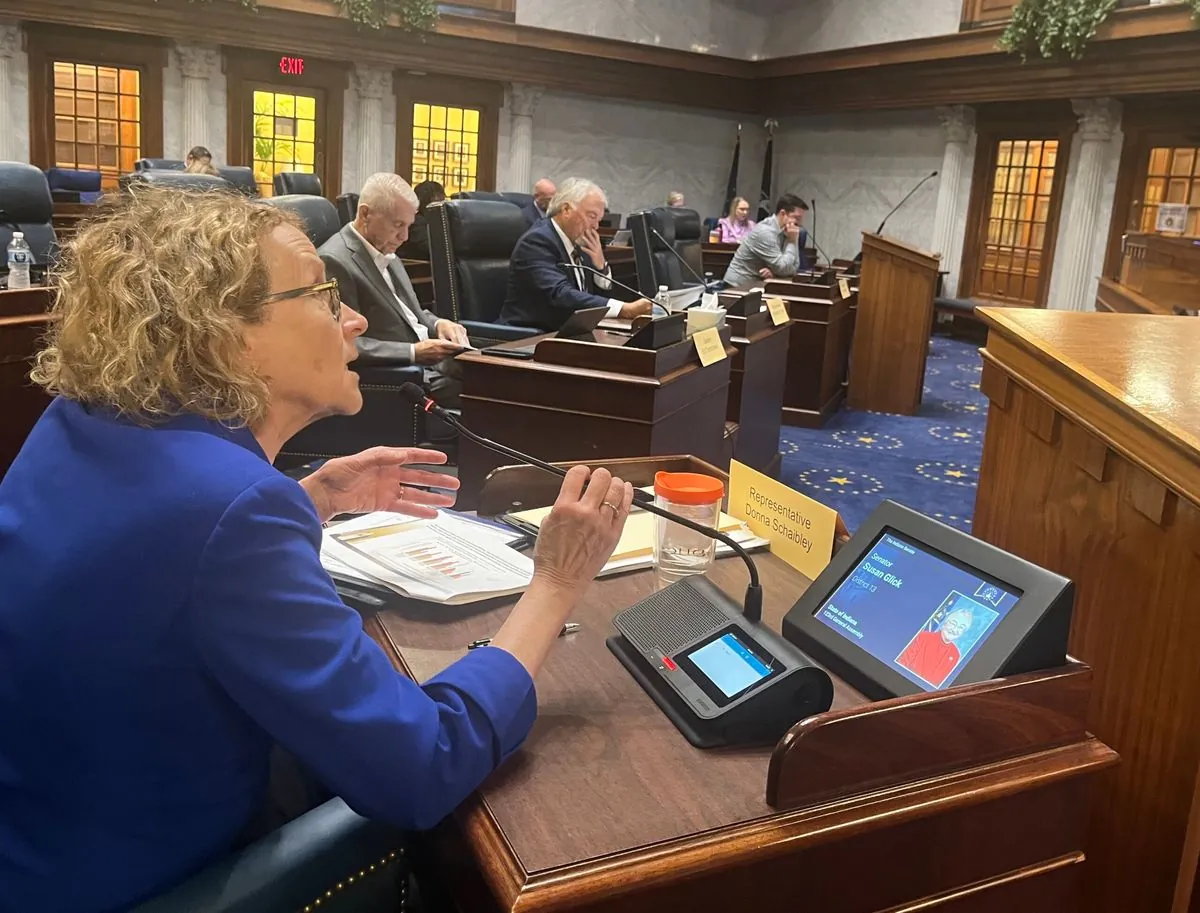Indiana Judge Upholds Strict Abortion Ban, Rejecting Broader Medical Exception
An Indiana judge has declined to expand the medical exception in the state's near-total abortion ban, maintaining the current interpretation of "serious health risk" despite concerns from healthcare providers.

In a significant ruling on September 11, 2024, an Indiana judge refused to broaden the medical exception to the state's stringent abortion ban. This decision maintains the current interpretation of what constitutes a "serious health risk" to the mother, despite concerns raised by Planned Parenthood and other abortion providers.
Judge Kelsey Hanlon of Monroe County Circuit Court acknowledged the challenging position of healthcare providers operating under the threat of criminal prosecution or license revocation in a politically charged environment. However, she determined that the plaintiffs had not demonstrated that the existing exception would prohibit abortions in violation of women's rights under the state constitution.
The plaintiffs had sought a court order to expand the interpretation of the medical exception to include health conditions requiring treatment that could endanger the fetus, cause debilitating symptoms during pregnancy, or potentially become life-threatening or cause lasting damage to the mother's health. The current ban defines a serious health risk as "a serious risk of substantial and irreversible physical impairment of a major bodily function."
Judge Hanlon, who was elected as a Republican, stated that the existing exception does not require doctors to wait until conditions become deadly and allows them to use their "reasonable medical judgment." This ruling comes after a complex legal journey for Indiana's abortion ban, which Hanlon initially blocked in 2022, citing violations of personal autonomy rights under the state constitution.

The Indiana Supreme Court later revived the law but also recognized a constitutional right to abortion to save the mother's life or protect against serious health risks. This led to the current case being sent back to Judge Hanlon for further consideration.
Indiana's abortion ban is part of a broader national trend, with over 20 Republican-led states implementing similar restrictions following the U.S. Supreme Court's 2022 decision to eliminate the longstanding constitutional right to abortion. This ruling has sparked legal challenges and ballot initiatives across the country.
Indiana Attorney General Todd Rokita expressed satisfaction with the court's decision, stating on X (formerly Twitter), "Indiana's pro-life law is both reasonable and constitutional, and we're pleased the Monroe County Circuit Court upheld it."
In response to the ruling, Planned Parenthood and other plaintiffs released a joint statement expressing concern: "Today's decision means that pregnant Hoosiers' lives will continue to be endangered by Indiana's abortion ban. We are still considering all of our options."
This decision aligns with similar rulings in other states, such as Texas, where the state Supreme Court ruled against expanding medical exceptions in June 2024. However, the U.S. Supreme Court has allowed emergency abortions to continue in Idaho hospitals while a related lawsuit proceeds.
As the debate over abortion rights continues, at least nine states are expected to vote on ballot measures to guarantee abortion rights in the upcoming November 5, 2024 election. These initiatives reflect the ongoing national conversation about reproductive healthcare and constitutional rights in the United States.
"Indiana's pro-life law is both reasonable and constitutional, and we're pleased the Monroe County Circuit Court upheld it."
The ruling in Indiana highlights the complex interplay between state constitutions, medical ethics, and political ideologies in shaping abortion policies across the nation. As legal challenges and ballot initiatives continue to unfold, the landscape of reproductive rights in the United States remains in flux, with significant implications for healthcare providers and patients alike.


































